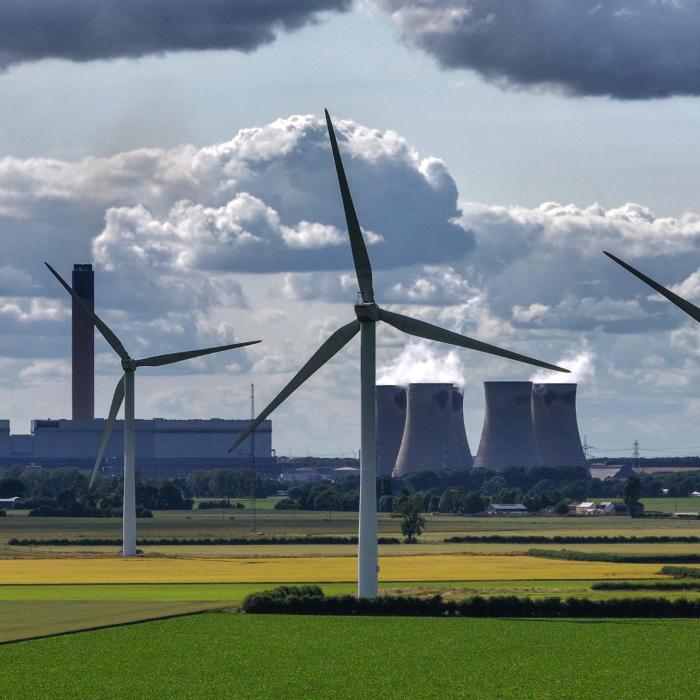According to a Freedom of Information request, the Met Office has not been able to back up a claim it said on the BBC that storms in the UK are “more intense” due to the effects of climate change.
On Jan 22., a senior meteorologist from the Met Office stated on BBC Radio 5 “Live Breakfast” that “when we see these storms, they are more intense, and that’s down to climate change.”
No Trend
In the FOI, seen by The Epoch Times, the Met Office wrote that it was not able to answer his request, citing that the information “is not held.”The reply then referred to previous Met Office reports citing projections of storms in the future; however, Mr. Homewood said this confirmed there had been no trend in maximum wind speeds since 1969.
“We call on the Met Office to publish a full retraction of what is evidently a false and misleading claim,” it said.
‘People Will Start to Ignore Them’
Last month, a top forecaster warned that constant weather warnings could lead to the public ignoring them.Liz Bentley, the chief executive at the Royal Meteorological Society, said that in January, which saw two back-two-back storms “probably not a day has gone by without a weather warning.”
Storm Jocelyn had brought fresh travel disruption to much of the UK, less than two days after Storm Isha.
“There are so many of those, the concern is that people might become complacent,” Ms. Bentley said, The Telegraph reported.
She added that “if we constantly have yellow warnings out for something, people will start to ignore them.”
The Epoch Times had not been able to independently verify Ms. Bentley’s comments in The Telegraph.
The Met says that storm naming was introduced in 2015 to “improve the communication of severe weather events.”
They say storms are named when they’re likely to cause “medium” or “high” impacts in the UK.
‘Fear Wears Off’
At the time, researcher Ben Pile, who runs the campaign group Climate Debate UK, told The Epoch Times by email the climate agenda requires agencies such as news broadcasters and the Met Office to “emphasise seemingly ‘extreme’ weather as political messaging.”“In 2015, the Met Office began naming storms and more recently started issuing more dramatic alerts to make events seem more frightening, including ’threat to life' statements to better dramatise the climate story. Weather isn’t allowed to be just weather any more. Fearmongering seeks to create a sense of vulnerability and then capitalise on it,” he said.
“But fear wears off because for the vast majority of people, even ‘extreme weather’ in the UK is merely a nuisance, not the ‘new normal’ that is often claimed,” he said.






